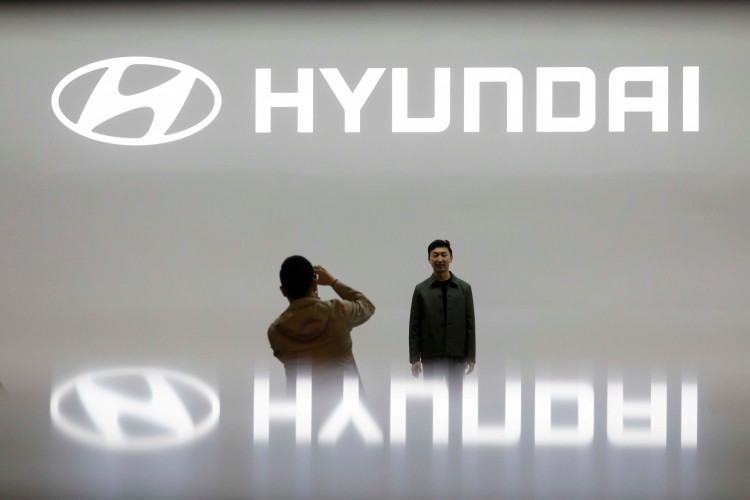Tesla has been harping about its fleet of Robotaxi that will be rolling out in the next few years, and it appears that Hyundai Motor is preparing a better version. The South Korean automaker said its urban air taxis, a partnership with Uber Technologies, will be lifting off in 2028 or possibly earlier.
When these flying taxis begin operation, the cities of Los Angeles and New York in the United States will be the first to experience how the service will play out. Initially, the air taxis will transport passengers between the city airport and their destinations, and presumably vice versa, but Hyundai has yet to provide specific details of the ambitious conveyance system.
Jose Munoz, Hyundai's chief of its North American operations, said the project is part of the company's autonomous driving push. The company CEO added that the planned air taxis will be making use of a self-driving technology, which is being worked into perfection with funding of around $4 billion.
"We see a lot of opportunity ahead of us in autonomous vehicles," Munoz told Reuters, noting too that the planned air taxis are at the core of this business model.
The automaker revealed that a prototype is already in the development stage and the target is to ferry passengers from Point A to Point B while being powered by batteries or electric motor. And like a taxi, this flying vehicle can accommodate a maximum of six passengers.
Munoz also made clear that Hyundai is in the process of building the infrastructures to support the company's vision of modernization and electrification, which somehow is taking on the same road that Tesla first started on.
To be clear, the idea of flying taxis is not exactly new and Hyundai will not be the first to get on that already running train. But the company's self-imposed deadline for getting the project up and running in seven years is certainly notable. As CNET observed, "it might be the most bullish," so far in projecting that flying taxis will be realized in no time.
Now while the technology might be perfected within the timeline set by Hyundai, there will be stumbling blocks to challenge the full implementation of flying taxis. One major concern should be the regulatory issues that the Korean firm has to settle with authorities before the project is primed for the big push.
Then there is the reality that autonomous driving is still far from reaching a near-perfect stage as evidenced by Tesla's Full Self-Driving beta rollout in October. Judging from what was seen in the weeks that followed, self-driving is still a work in progress and it's hard to imagine that the technology will achieve perfection in so short a time, which should be true for both Hyundai and Tesla.






